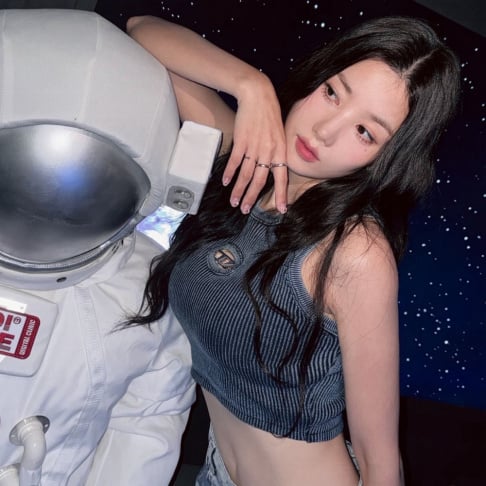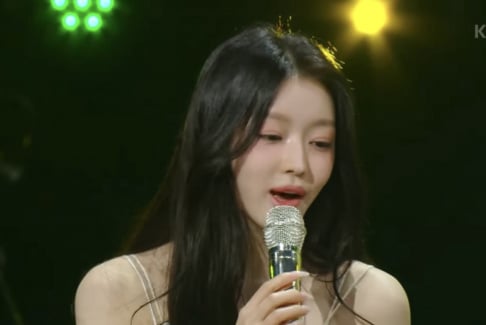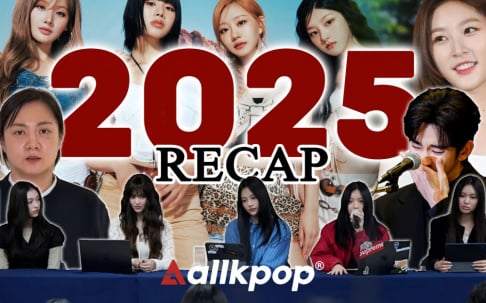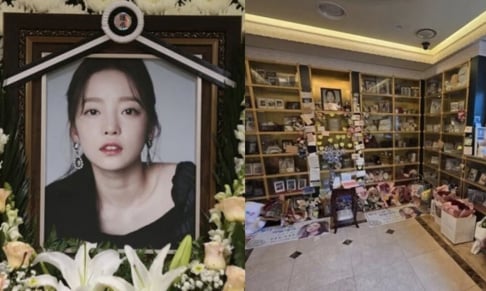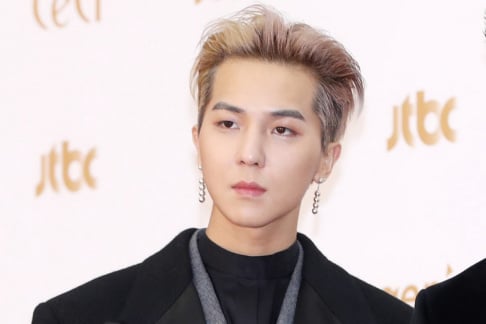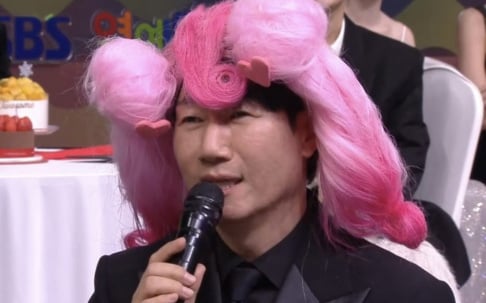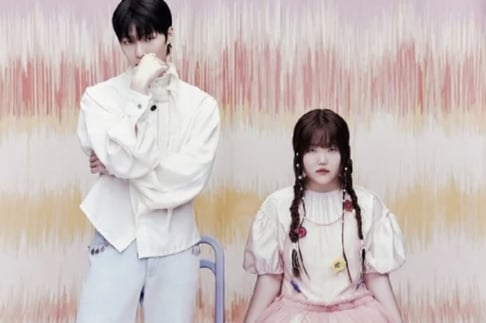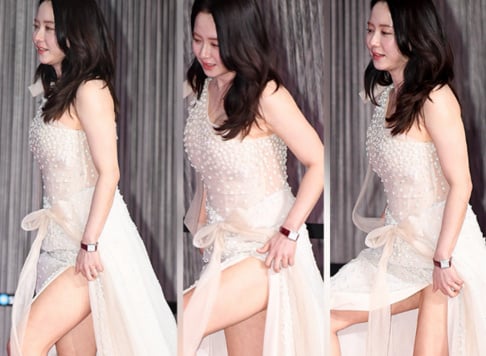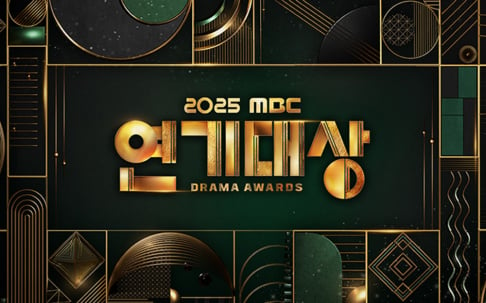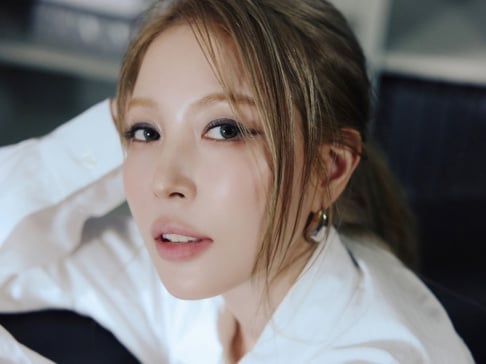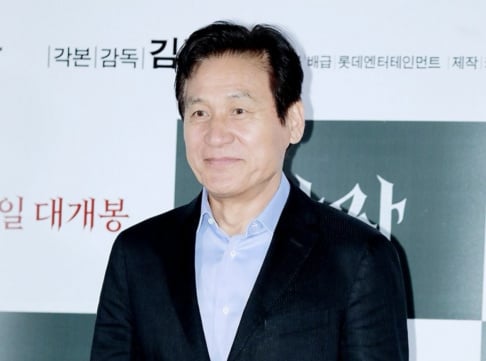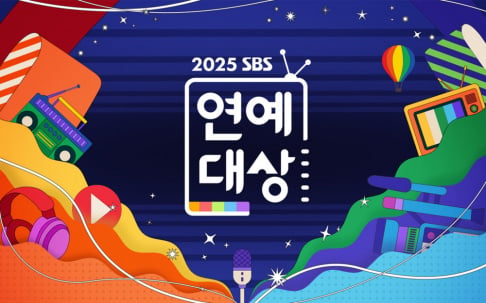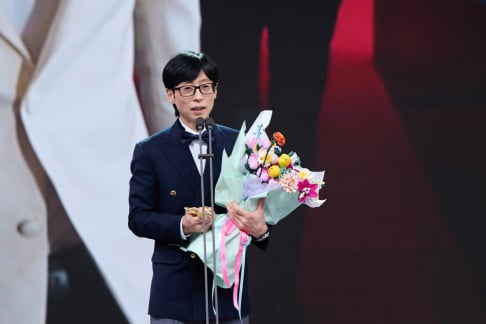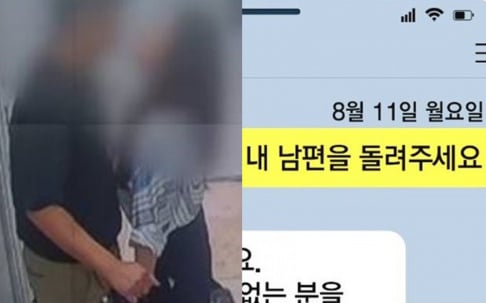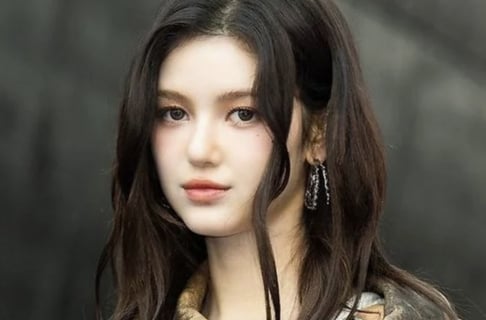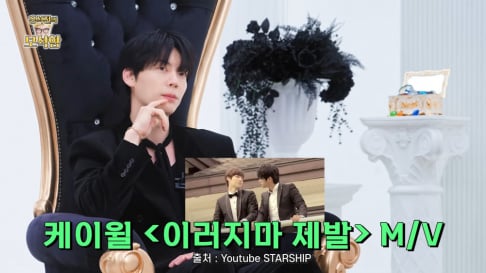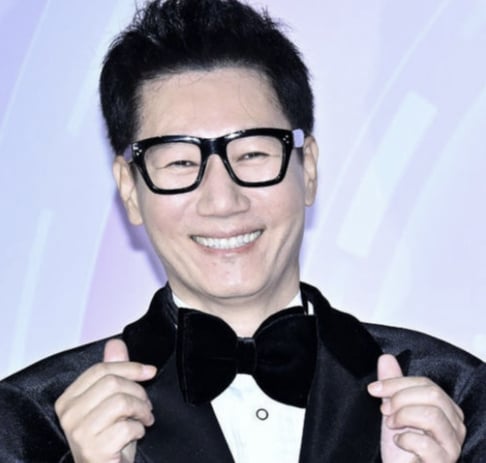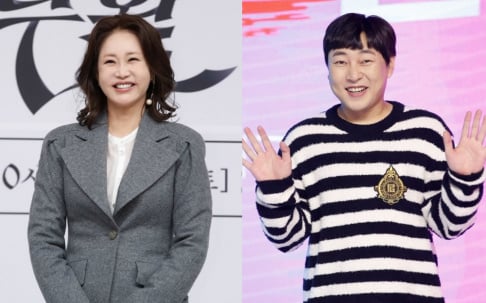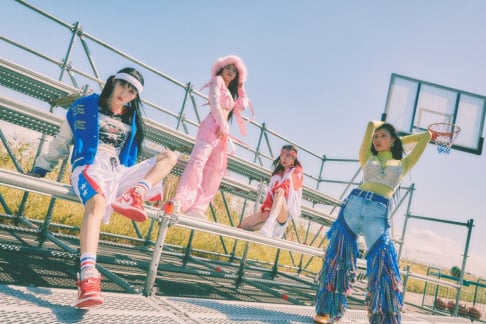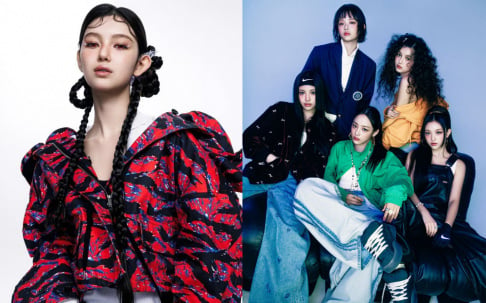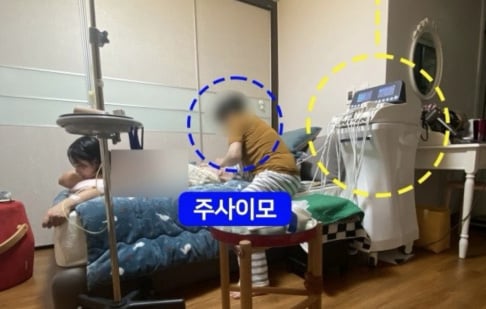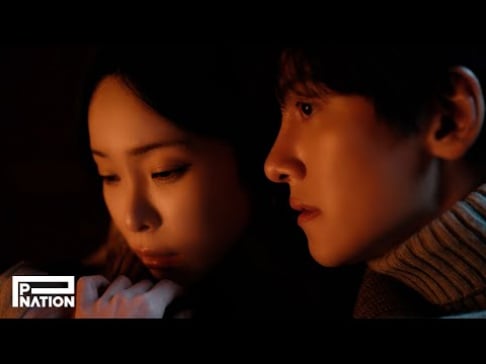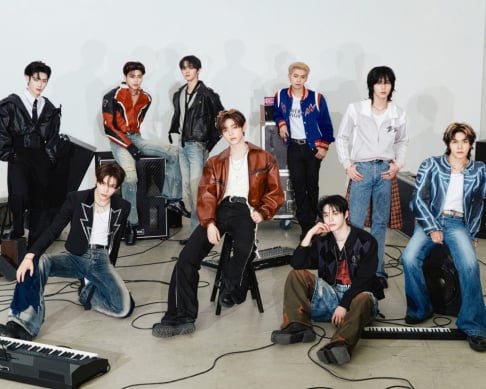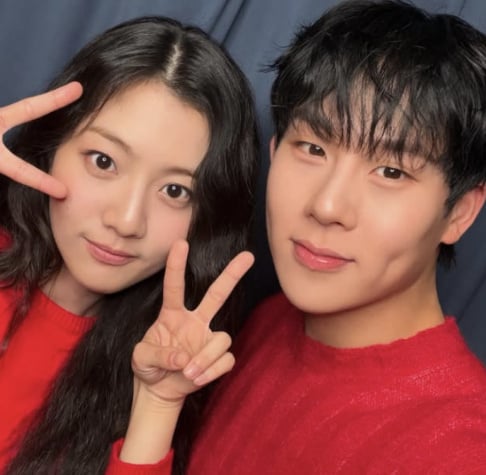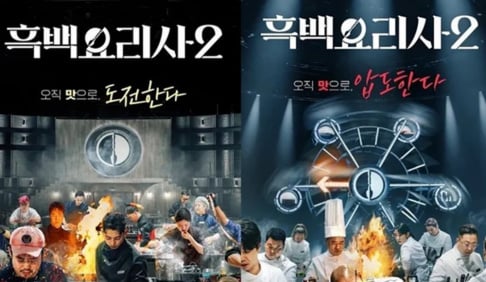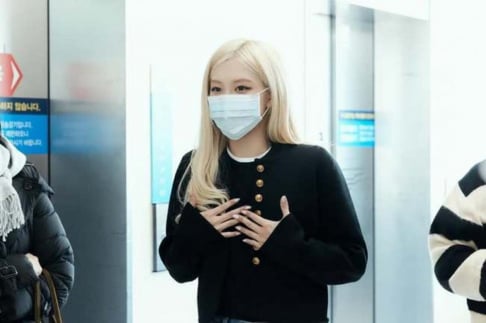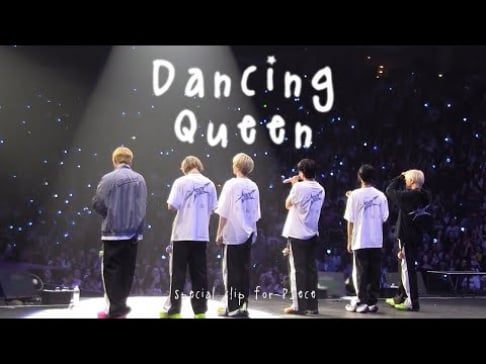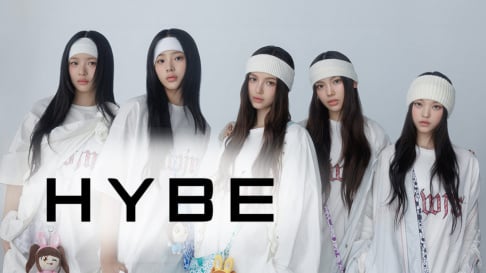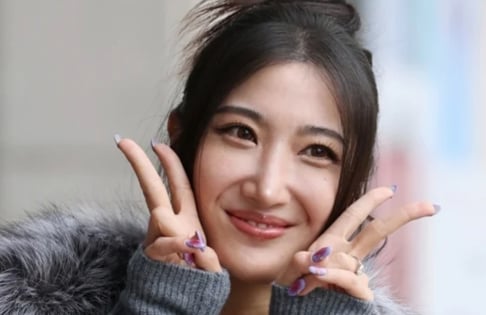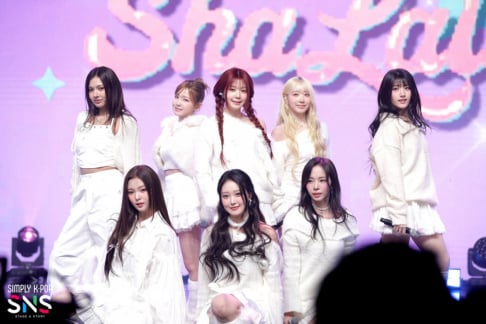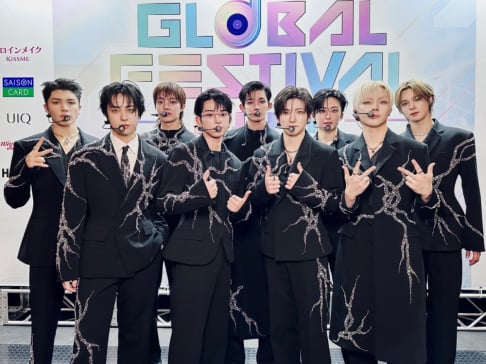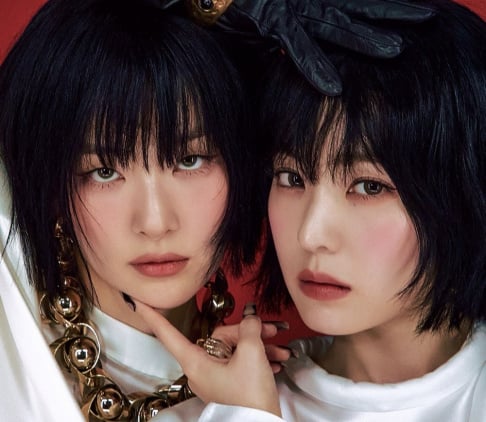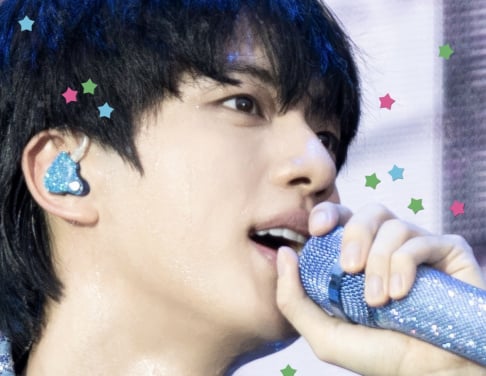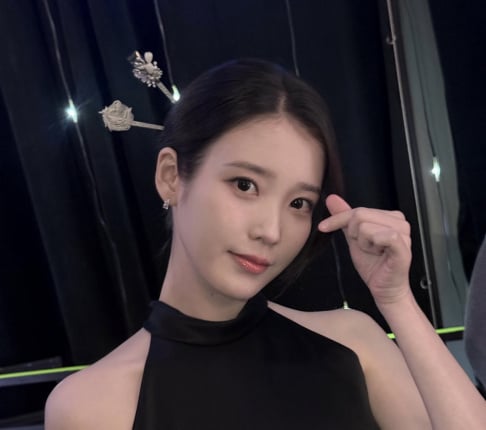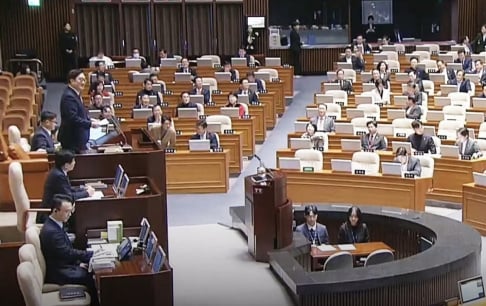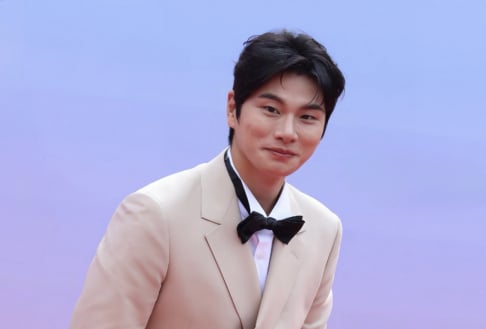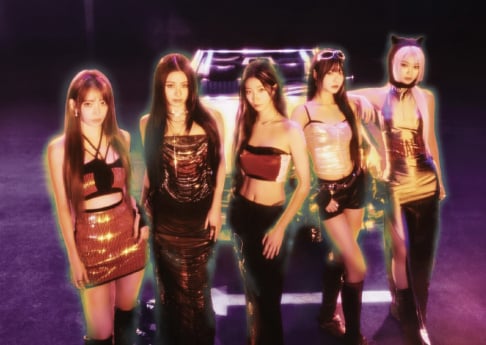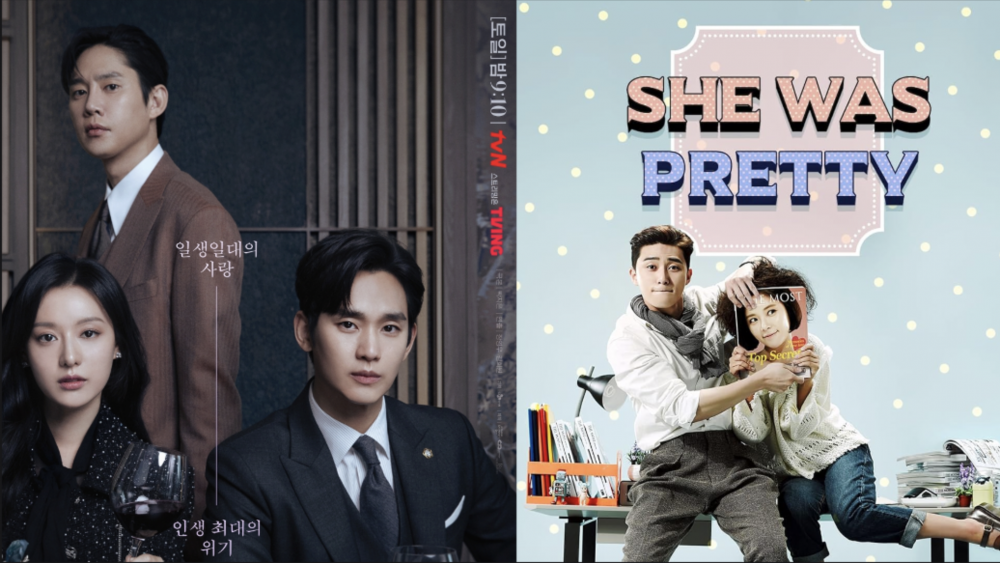
August is shaping up to be a month brimming with dramatic releases. With the premieres of highly anticipated dramas like “Bad Memory Eraser,” “Love Next Door,” “Cinderella at 2AM,” and “No Gain No Love,” viewers are being treated to a wide array of storylines, romantic entanglements, and emotional roller coasters. However, as exciting as these new dramas are, they also bring with them one of the most overused plot devices: the love triangle.
Let’s be honest—how many of us actually enjoy the love triangle trope? Personally, I find it irritating and often unnecessary, as it detracts from the focus on the main couple. A prime example is the mega-hit drama “Queen of Tears.” While the drama was a great success overall, it felt like we got more screen time of Hong Hae In with Yoon Eun Sung than with her actual husband, Baek Hyun Woo. The drama initially centered on Hong Hae In’s struggle with a terminal illness and the couple’s attempts to strengthen their fragile relationship. However, as the episodes progressed, the focus shifted towards Eun Sung’s attempts to win back Hong Hae In and take over the company. This shift sidelined the main relationship between Hong Hae In and Baek Hyun Woo, which was disappointing since their love story was what initially drew viewers in.
Another recent drama, “Serendipity’s Embrace,” which concluded its run, also fell into the love triangle trap. The second lead, Bang Jun Ho, spent most of the series wallowing in self-pity. What else could one expect after he left his girlfriend without any explanation, only to return years later to try and win her back? His character added little to the overall story, providing neither closure nor substantial development, as Lee Hong Joo had already moved on from their relationship. Was his role merely to inject some drama into an otherwise mellow narrative? If so, the role of adding drama could have easily been fulfilled by Kang Hu Young’s mother.
That said, when executed well, love triangles can contribute to character development. Take, for example, the drama “She Was Pretty.” In this drama, Kim Shin Hyuk expressed his feelings for Kim Hye Jin but, recognizing that she did not reciprocate, he chose not to push his feelings aggressively. Instead, he respected her space and maintained a friendly relationship. Similarly, in “Hometown Cha Cha Cha,” Ji Sung Hyun never overstepped his boundaries with Yoon Hye Jin. When he realized that Yoon Hye Jin and Hong Du Shik were in love, he gracefully stepped back, keeping his friendship with Yoon Hye Jin intact and even forming a friendship with Hong Du Shik.
But more often than not, when does the second lead actually end up winning the heart of the main character? The answer is almost never. So, what’s the point of including them in the storyline to begin with? All it seems to accomplish is leaving viewers with a bad case of second lead syndrome—where you can’t help but root for the underdog, even though you know they’re destined to lose. Surely, there are other, more creative ways to build dramatic tension without resorting to the tired trope of a love triangle, right?
So, are love triangles overused? Absolutely. While they can occasionally help the main character discover who they truly love, they are often unnecessary and can feel forced. It’s even more frustrating when a love triangle escalates into a love square, adding yet another layer of unnecessary complexity.
 SHARE
SHARE
